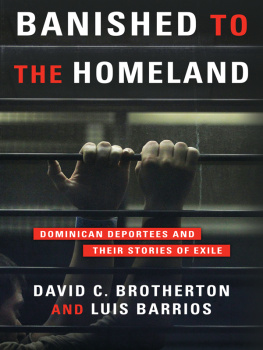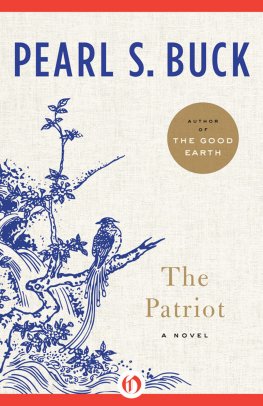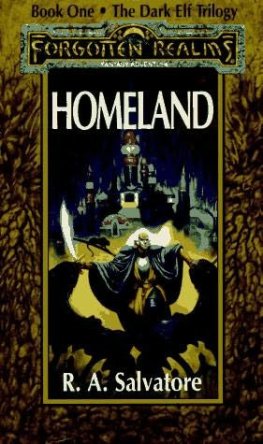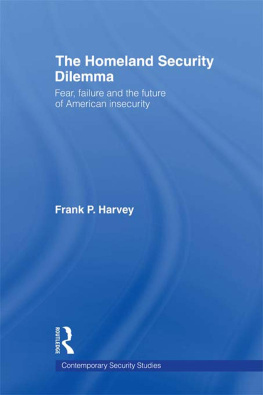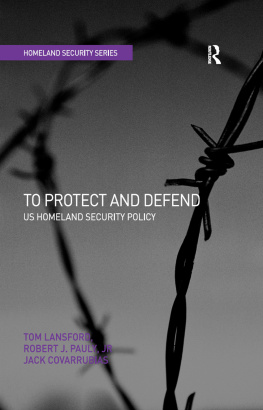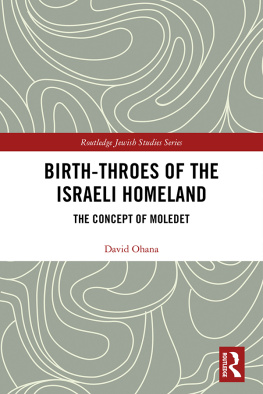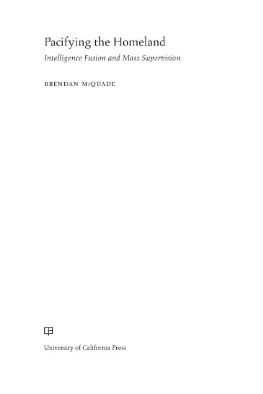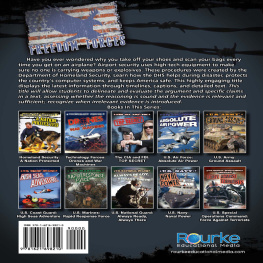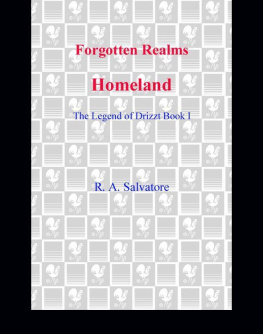BANISHED TO THE HOMELAND
DAVID C. BROTHERTON AND LUIS BARRIOS
BANISHED
TO THE HOMELAND
DOMINICAN DEPORTEES
AND THEIR STORIES OF EXILE
Columbia
University
Press /
New York

Columbia University Press
Publishers Since 1893 New York Chichester, West Sussex
cup.columbia.edu
Copyright 2011 Columbia University Press
All rights reserved
E-ISBN 978-0-231-52032-4
Library of Congress Cataloging-in-Publication Data
Brotherton, David.
Banished to the homeland : Dominican deportees and their stories of exile / David C. Brotherton and Luis Barrios.
p. cm.
Includes bibliographical references and index.
ISBN 978-0-231-14934-1 (cloth : alk. paper)
ISBN 978-0-231-14935-8 (pbk. : alk. paper)
ISBN 978-0-231-52032-4 (ebook)
1. Dominican RepublicEmigration and immigration. 2. DeportationDominican Republic. 3. DeportationUnited States. I. Barrios, Luis. II. Title.
JV7395.B76 2011
325dc23
2011023883
A Columbia University Press E-book.
CUP would be pleased to hear about your reading experience with this e-book at cup-ebook@columbia.edu
References to Internet Web sites (URLs) were accurate at the time of writing. Neither the author nor Columbia University Press is responsible for URLs that may have expired or changed since the manuscript was prepared.
CONTENTS
AS USUAL, THERE are so many people to thank for their help over the years in making this book possible that we most certainly have overlooked some of you, albeit unintentionally. For this mistake we ask your forgiveness in advance. First and foremost, we must thank the many deportees and their family members who participated in this study, inviting us into their lives, however briefly. For some participants, of course, who acted as informants and cultural brokers, such as Manolo, Jos, and Luis, a considerable amount of time was spent with them, hanging out, listening to their stories, observing their progress, and sharing the ups and downs of Dominican deportee life. We hope the end result was worth it and that we did justice to your extraordinary generosity of both spirit and time. Further, we must mention the direct contributions of Yolanda Martn, Ralph Larkin, Antonio de Moya, Omar Bautista, Rene Vicioso, Gipsy Escobar, Maria Heyaca, Lino Castro, Kalil Vicioso, and William Cossolias, all of whom performed critical tasks at various times, including face-to-face interviews, transcriptions in both Spanish and English, in situ expert advice, editing suggestions, and contributing photographs.
We must thank once again the academic institutions that we have long called home, John Jay College of Criminal Justice and the Graduate Center of the City University of New York. In particular, we want to thank members of the sociology department, most notably Barry Spunt, Danny Kessler, Louis Kontos, Douglas Thompkins, and Maria Volpe, who read drafts of this book and at various times lent their resources to the overall project, and members of the Department of Latin American and Latina/o Studies, including Jos Morn, Jeannette Sucre, Jodie Roure, and Marcia Esparza. In addition, we want to send a note of appreciation to the immigration study group of Jock Young, Michael Flynn, Fabiola Salek, Cory Feldman, and Fenix Arias. We also want to acknowledge the support of Jeremy Travis, president of John Jay College, and former John Jay dean James Levin, who, along with former John Jay president Gerry Lynch and former John Jay provost Basil Wilson, supported an early conference on deportees at John Jay in 2004. In thanking our institutions, we need to mention the special place in our research occupied by the law faculty at the Universidad Autnoma of Santo Domingo, especially Franklin Garca Fermn and Enrique Chalas, who provided integral support to the first-ever conference on Caribbean deportees in 2003 in the Dominican Republic. These conferences were crucial for opening up the public discourse on deportees, providing the public space for scholars and activists to come together on such a growing yet occluded social and political problem, and helping create the networks that allowed us to extend our sample, which finally made the project possible. The erstwhile criminal justice reform organization, the Justice, Equality, Human dignity, and Tolerance (JEHT) Foundation, was a major underwriter of the John Jay event, but during the financial crisis it sadly fell victim to the multibillion dollar skullduggery of Bernie Madoff et al.
Finally, we must thank our executive editor Lauren Dockett, editorial assistant Avni Majithia-Sejpah, and production editor Roy Thomas, as well as the good staff of Columbia University Press, who once again opted to support and encourage our project through thick and thin, sticking with us over the numerous missed deadlines and ensuring a finished product that we hope will cause some reflection on one of the most tragic crises of our times.
Last but not least, we want to remember those deportees in our study who passed away during the making of this book. The last of them, Pedro, was executed by the police in January 2011 in Santiago. All of their deaths were untimely, unnecessary, and preventable; they were still in the prime of their lives, and it is only the soul-destroying conditions that characterize life as a deportee with double and triple stigmas that forced them to succumb. Thus, this book is both a tribute to and in memoriam of the following:
Frankie | 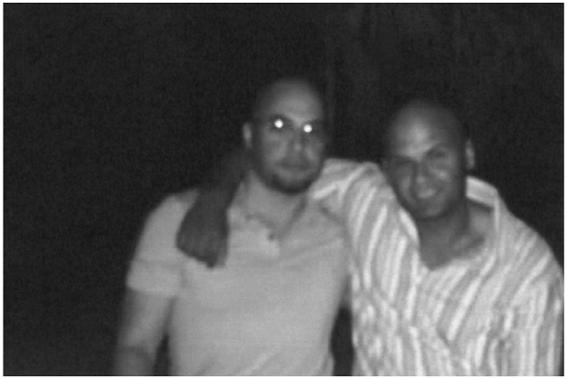 | PEDRO (RIGHT) WITH HIS BROTHER KALIL A FEW MONTHS BEFORE HE WAS KILLED BY POLICE IN THE DOMINICAN REPUBLIC. |
George |
Eddie |
Alex |
Freddie S. |
Pedro |
Omar |
Freddie |
The production of human waste, or more correctly wasted human (the excessive and redundant that is, the population of those who either could not or were not wished to be recognized or allowed to stay), is an inevitable outcome of modernization, and an inseparable accompaniment to modernity. It is an inescapable side effect of order-building (each order casts some parts of the extant population as out of place, unfit, or undesirable) and of economic progress (that cannot proceed without degrading and devaluing the previously effective modes of making a living and therefore cannot but deprive their practitioners of their livelihood).
(BAUMAN 2004:5)
BAUMANS PRESCIENT ANALYSIS on the processes of social exclusion that appear to be endemic to late modernity frames our study of the lives of subjects who formerly resided in the United States, sometimes for considerable parts of their lives, either as permanent legal residents or as undocumented residents, but who now find themselves forcibly dispatched to their country of birth, the Dominican Republic, as criminal deportees. Our study traces the lives of these embodiments of human waste (in Baumans terminology) and their bulimic journey (Young 1999, 2007) across the Caribbean as they get pushed, pulled, and ultimately vomited out by a nation whose foreign policy has rarely veered from its early imperial path of Manifest Destiny and whose economy is so dependent on the worlds surplus labor pool. These twin, mutually reinforcing characteristics of the United States are key to an understanding of our subjects fates, past, present, and future, and provide the sociological and political economic contexts in which their lives unfold. There have been more than thirty thousand Dominicans forcibly repatriated in a little more than ten years, a population little noticed by the general public until the recent protests of the undocumented and their supporters. We begin with a letter from one of them, Pedro.

